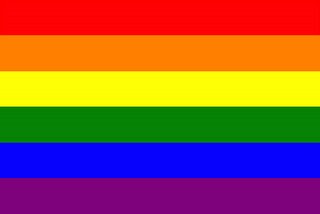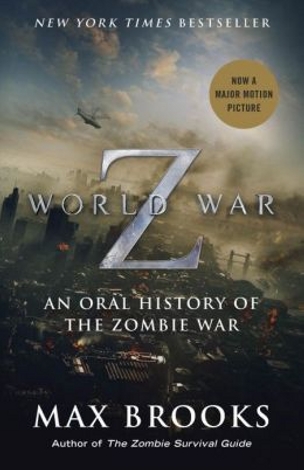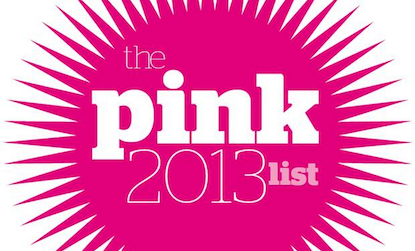
Here are 10 reasons why Pride Month is important:
10. It allows LGBT people to be visible and celebrated as part of society. This is great for young people who are LGBT. It gives them hope and positive role models.
9. It helps to create safe spaces for LGBT people to be themselves. Without the risk of verbal or physical attack.
8. It helps bring the community together, as LGBT are a minority group.
7. It raises money for LGBT people with HIV or who have been made homeless due to being an LGBT person.
6. It allows businesses, public institutions/organisations and charities the opportunity to show their support to the LGBT community. In the past, some of these organisations may have treated LGBT people appallingly.
5. It is an opportunity to remember the LGBT people that came before. Those that campaigned for the rights that LGBT people have today.
4. It is an opportunity to show others that what we all have in common. What brings us together as a society.
3. It is an opportunity for our straight allies to celebrate with us.
2. LGBT people still face disproportionately high health issues, such as issues with poor mental health and addictions.
1. We still haven’t got equality for LGBT people in the UK yet. Never mind globally.
Want to know more about influential UK gay men? Read my free article, Influential UK Gay Men here.
Write soon,
Antony





